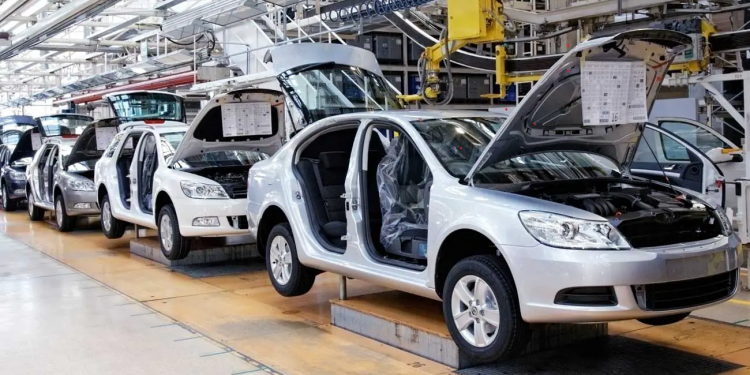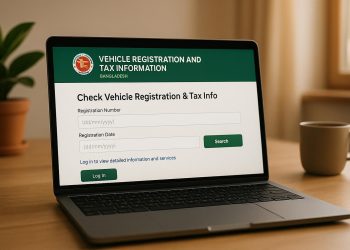As the new fiscal year approaches, Bangladesh contemplates imposing new taxes on luxury vehicles, potentially escalating the costs associated with high-end cars. The government’s focus on environmental conservation and carbon emission reduction is driving these policy changes, with implications for both car importers and owners.
Current Tax Landscape: Additional Fees on Luxury Imports
Presently, a 200% additional fee is levied on cars imported with engine capacities ranging from 2,001CC to 3,000CC. This fee structure, however, might witness adjustments in the coming fiscal year, introducing higher rates for specific engine capacities.
Potential Tax Hikes: Impact on Luxury Cars
The proposed increase of 250% on cars with capacities between 2,001CC and 3,000CC could significantly impact the luxury car market. Furthermore, a substantial 500% increase to 350% on autos ranging from 3,001CC to 4,000CC signals a significant shift in the tax burden for high-performance vehicles.
Surge in SUV Imports: Engine Capacities and Tax Implications
Bangladesh is experiencing a surge in SUV imports, a substantial portion of which boasts engine capacities exceeding 2,000. The potential tax hikes target these larger engines, reflecting a governmental strategy to curtail the influx of powerful and emission-intensive vehicles.
Environmental Protection Charge: Discouraging Vehicle Ownership
To discourage vehicle ownership and promote environmental protection, the government is contemplating an environmental protection charge for owners with more than one car. This charge aims to contribute to the reduction of carbon emissions and combat air pollution.
Proposed Charges Based on Engine Capacity
According to the Finance Ministry’s proposal, owners of cars up to 1,500cc may face an additional charge of Tk 25,000 for each vehicle beyond the first, acting as an advance tax. For engine capacities ranging from 1501cc to 2,000cc, the surcharge doubles to Tk 50,000 for the second and subsequent automobiles.
Environmental Protection Surcharge for Larger Vehicles
Vehicles with engine capacities between 2,001cc and 2,500cc might incur an environmental protection surcharge of Tk 75,000 for every second car, jeep, or microbus. This surcharge, equivalent to the withholding tax during fitness renewal, is part of the government’s multifaceted approach to promoting sustainable transportation.
Government’s Environmental Focus: Shaping Consumer Behavior
The government’s emphasis on environmental conservation is evident in these proposed fiscal measures. By attaching financial consequences to multiple vehicle ownership and luxury car imports, policymakers aim to shape consumer behavior towards more eco-friendly and fuel-efficient options.
Challenges and Opportunities for the Automobile Industry
While these policy changes pose challenges for luxury car importers and multiple vehicle owners, they also create opportunities for the automobile industry. The shift towards environmentally conscious practices may encourage the development and importation of greener and more sustainable vehicle options.
Conclusion
As Bangladesh prepares for fiscal changes in the automobile sector, the potential tax hikes on luxury cars and the introduction of environmental surcharges underscore a broader commitment to environmental well-being. Balancing economic interests with sustainability goals, these policy adjustments aim to guide the nation toward a greener automotive future.




